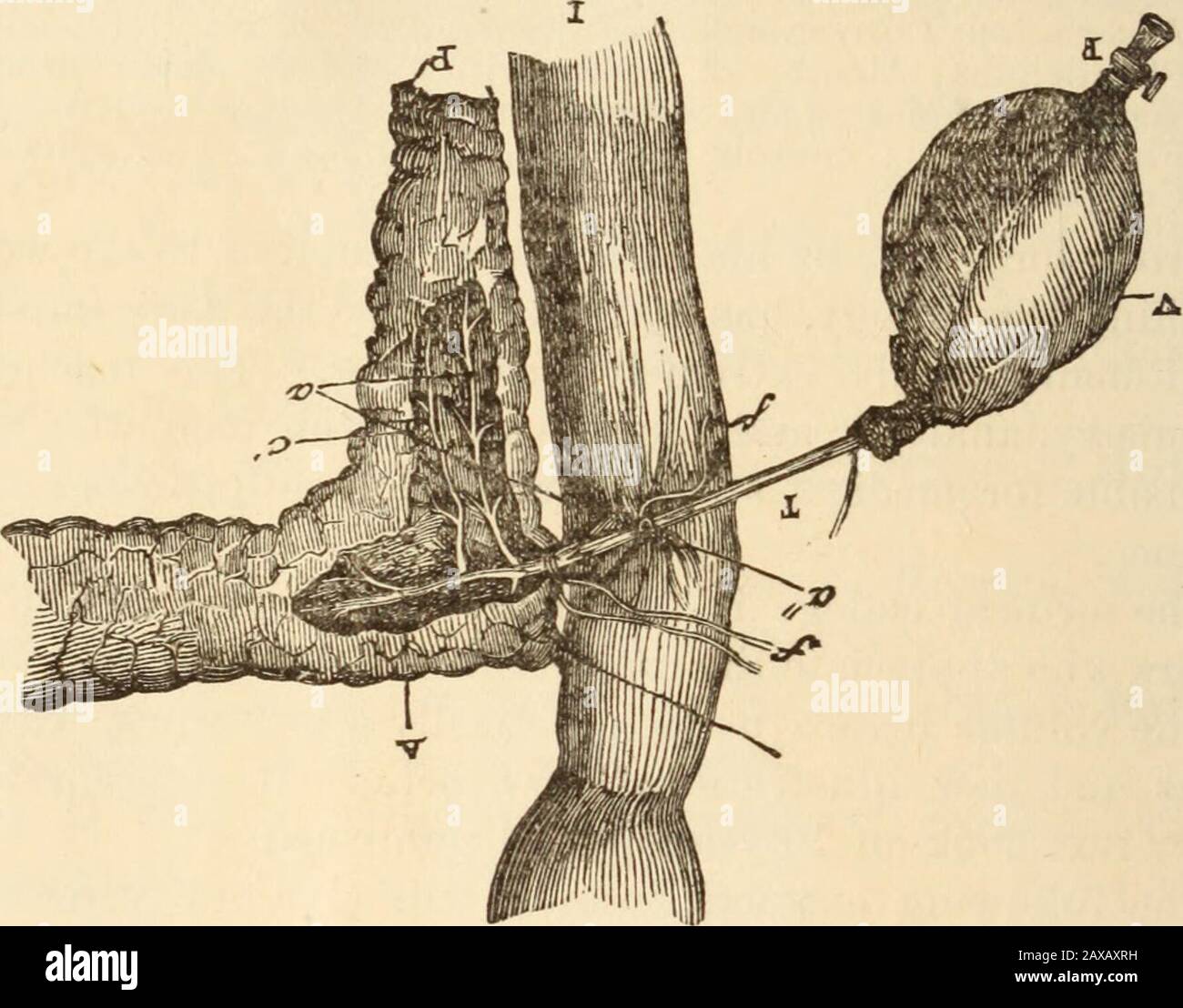
However, the author did not describe which bacterium was identified in each disorder.ĭuring the early clinical course of AP, abnormalities in laboratory data of varying degree, including increased white blood cell (WBC) counts and elevated inflammatory reactions, are seen. The former 3 species were the major bacteria. Identified bacteria included Escherichia coli, Enterococcus, Enterobacter, Klebsiella, Pseudomonas, Proteus, Acinetobacter calcoacetius, Group D streptococcus, Staphylococcus aureus, Minia, and Candida. Ten of these 11 patients had abnormalities of the pancreatic ducts. Six and 5 patients with each disorder underwent pancreatic juice culture during an acute episode and had 100% positive results. In this report, 35 patients were examined, out of which 25 and 10 patients had acute relapsing pancreatitis and chronic pancreatitis, respectively. Another report described that the pancreatic juice cultures were positive for bacteria in 31.4% of pancreatitis and pancreatic cancer cases. Moreover, the hemodynamic consequence of severe AP was described to be the same phenomenon, with sepsis and infection assumed to be the key mechanisms for the development of severe AP. However, in chronic pancreatitis, it has been reported that bacteria are commonly identified in the pancreatic juice, with positive findings in 42% of the cases. The possibility of infection as a cause of AP was advocated in the late 19 th century, although it was discounted in the early 20 th century. Activation of NF-κB is caused by various factors, including bacterial infection. The activation of NF-κB occurs within pancreatic acinar cells early in the course of AP and is able to provoke pancreatic and systemic inflammatory responses, correlating with the expression of cytokines and chemokines. A candidate mediator of the inflammatory response in AP is the transcription factor, NF-κB. Recently, it has become clear that the activation of inflammatory signaling mechanisms in acinar cells is crucial to the pathogenesis of pancreatitis. Trypsinogen activation has generally been considered as the key event in the initiation of AP and is known as the “trypsin paradigm”. However, mortality of acute pancreatitis remains high, and an effective treatment strategy to reduce the mortality has not been established. Various mechanisms such as an obstruction, toxicity, drugs, post-surgical complications, genetics, bacterial infection, viral infection, trauma and cancer are assumed to be responsible for acute pancreatitis (AP) and are well characterized. Further study is needed to confirm the relationship between orally indigenous bacteria identified in the pancreatic juice and acute pancreatitis.īacteria Infection Pancreatitis Pancreatic Juice INTRODUCTION

Conclusions Pancreatic juice culture was highly positive in acute pancreatitis. Seven of the 9 patients with acute pancreatitis were classified as having severe acute pancreatitis, and all survived treatment. The rate of positive pancreatic juice cultures was significantly higher in acute pancreatitis (p=0.038). Six among 11 patients (54.5%) with other disorders showed positive results for Escherichia coli, Streptococcus salivarius, and others. Results Pancreatic juice cultures were positive in all patients with acute pancreatitis for Staphylococcus epidermidis, Streptococcus species, and others. Pancreatic juice was obtained through the drainage tube and cultured. Nasopancreatic drainage tubes were placed for pancreatic duct drainage in acute pancreatitis and for pancreatic juice cytology in other disorders.

Nine had acute pancreatitis due to alcohol (n=5), idiopathic causes (n=2), drugs (n=1), or gallstones (n=1), and remaining 11 had other pancreatic disorders such as an intraductal papillary mucin-producing neoplasm (n=3) and main pancreatic duct dilatation with a stricture due to a tumorous lesion suspected of pancreatic cancer (n=7) or chronic pancreatitis (n=1) without symptoms. Methods Twenty patients who underwent pancreatic juice culture were studied. Objectives We retrospectively evaluated the results of pancreatic juice cultures of patients with acute pancreatitis and other pancreatic disorders.


 0 kommentar(er)
0 kommentar(er)
